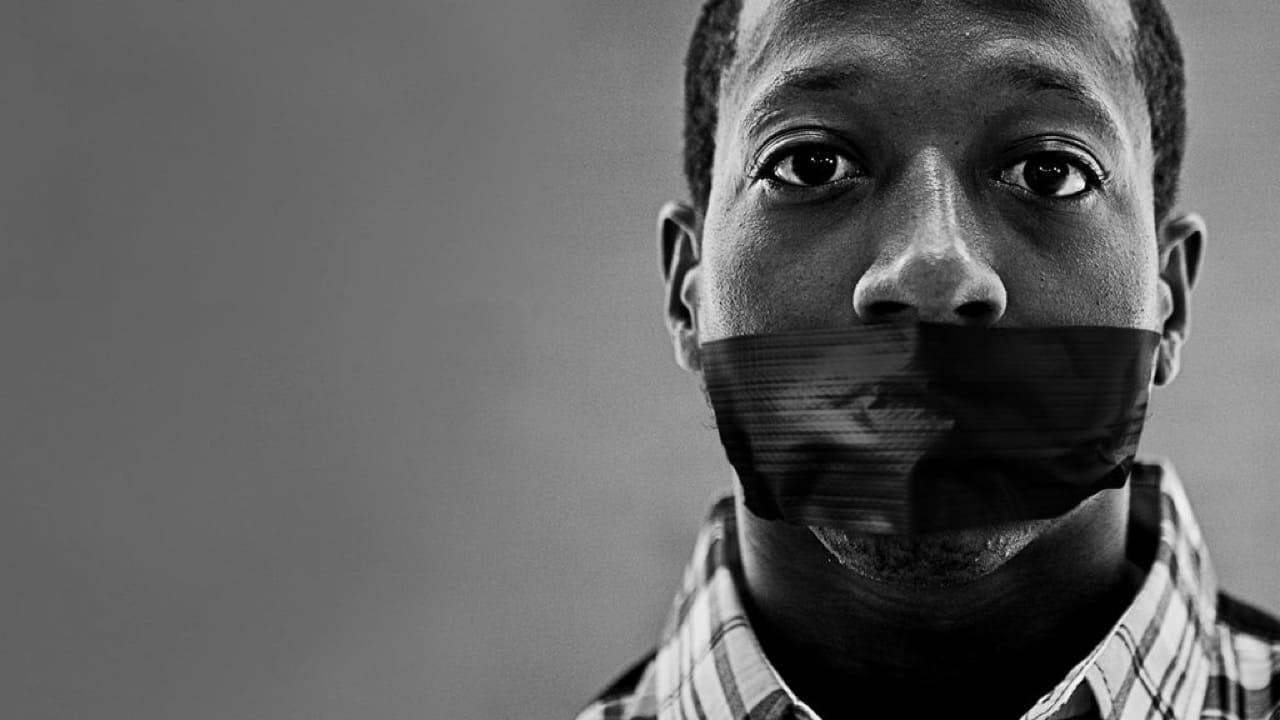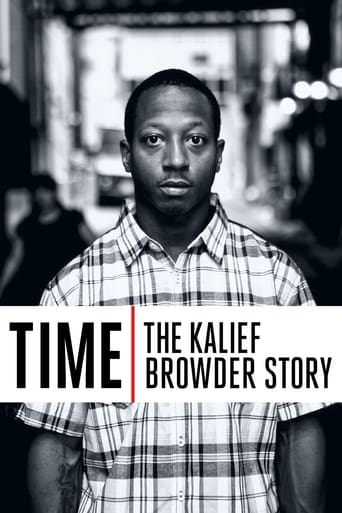

This six-part documentary tells the almost unbearably tragic story of Kalief Browder; a 16 year old who was arrested for allegedly stealing a backpack. With his family unable to afford the $900 bail, Browder spent 1,111 days in Rikers, despite never being convicted of a crime. Turning down nine plea deals, Browder refused to admit to something he didn't do just so he could go home. With his case brought to court and delayed multiple times, Browder spent over 800 days in solitary confinement, where his mental health rapidly deteriorated. Indeed, the episodes dealing with his time in Rikers, and the experience and effects of long-term solitary confinement, are almost too horrific to bear. Were this fiction, the litany of abuses he suffers, and the details of how the system failed him, would be rejected as ridiculous, with his nightmare continuing even upon his release; in two separate incidents, he was shot and stabbed, and was later sectioned, as he became increasingly paranoid and unstable. Telling the parallel story of the anguish of his doting mother, if I had one criticism, it would be that the narrative is stretched too thin. Much like The Keepers (2017), there isn't enough material here to warrant this many episodes, and it does lapse into repetition at times. Nevertheless, this is harrowing stuff; highly recommended.8/10
... View MoreShameful film making. This is a really important narrative but the filmmakers are more concerned with imposing their style on the story. It's an exercise in career development when it should be a compassionate exposition and discussion of a nuanced issue. All edits. No details. The filmmakers need to have a long hard look at themselves in order to decide who and what they're trying to protect. The fact this is currently scoring above 8 leads me to despair of any real fundamental change.
... View MoreI just finished watching this documentary and I am in tears. This is a must see. It's heartbreaking to see how our justice system failed Kalief. This is still happening to thousands of black men but no one hears about it because most just plead guilty to crimes they did not commit. Kalief did not give up, he fought the justice system head on. I am heartbroken with how this documentary ends but I will not spoil it for you. Please watch this, hopefully it opens at least one person's eyes to the injustice of our system.
... View MoreFor me, there are two ways to rate this docu-series. The first is on an emotional or abstract level. The second is purely technical.This six-part documentary, or docu-series, somewhat follows in the line of other true crime docu-series of late such as the Making a Murderer about Steven Avery or The Jinx, on Robert Durst. There aren't as many "twists" as with the Steven Avery story – Browder's is pretty straightforward. But the structure of storytelling is so noticeable so as to be distracting. Each episode follows a formula: presage the episode, then conflict builds to a climax, then a summary of the episode, then a teaser of the next episode, all woven together in a highly stylized way. As this pattern repeats, you hear certain sound bites more than once, you see the same pieces of footage again and again interpolated with close-ups of speeded-up clocks, to the point I wondered if I'd inadvertently replayed an episode. I found myself thinking that the whole thing was stretched out to fill six episodes when three would have contained it – the length of a feature film.At the same time, this repetitiveness might be deliberate, meant to achieve an emotional end rather than just keep the brain stimulated and interested – we hear Browder tell ABC's Nightline at least a dozen times that he refused to plead guilty because he didn't do anything. We hear Van Jones say more than once how Browder wasn't a perfect person, but the position he took was perfect. We see the same security footage from Rikers multiple times, reinforcing the brutality of the experience. It's not enough, the filmmakers seem to be saying, to show you this just once. You're going to have an experience that evokes the experience Browder himself had – an endless string of court dates leading to adjournment, repetitive violence; system inadequacy on multiple levels ad nauseam. So, in this way, the film's technique is effective.Some cynical viewers are likely to say, then, that it's the manipulation of the filmmakers which provoke an emotional response to sympathize with Browder and his ordeal. I don't think so. I think the filmmakers used the medium to present some small sliver of what his ordeal was like so there was something – beyond a kneejerk judgement – to truly sympathize *with.* It's an old trope – "I'm gonna put the *system* on trial!" – but it's never been more apposite than it is in the case of Kalief Browder. We could simply be told – in a short news article or even in an internet meme – that 97% of criminal cases go to plea bargain, that due to a limited number of judges and criminal defense attorneys, without plea bargaining, the system would collapse. We could be told, then, that if a man claims he's innocent of an allegation (theft of a backpack), and gets denied bail because he broke probation by being arrested for allegedly stealing said backpack, and then languishes in one of the most violent prisons in the world while exercising his constitutional right to a trial for THREE YEARS – just knowing these facts doesn't pack the full punch of sitting through the footage of Browder getting gang-beaten or witnessing his mother break down on camera. Van Jones, at one point observes that, like with Syria, the casualties are "just a number" until one child washes up on a beach – then the world takes notice. Jones says, "Browder is that baby." Certainly Browder got the world to pay attention to the major flaws in the New York criminal justice system. But I like what someone else says in the documentary even better – that Browder, in standing up for his rights and refusing to cop a plea for something he says he didn't do, no matter how bad the violence of jail, the torture of endless months of solitary confinement, acts like America's last true patriot. And I think this is where, today more than ever, America needs to really come to terms with itself in defining and understanding what patriotism really is. 10/10 stars.
... View More